BrunchA History
When Americans think of brunch, they typically think of Sunday mornings swelling into early afternoons; mimosas and bloody Marys; eggs Benedict and coffee cake; bacon and bagels; family and friends.
When Americans think of brunch, they typically think of Sunday mornings swelling into early afternoons; mimosas and bloody Marys; eggs Benedict and coffee cake; bacon and bagels; family and friends. This book presents a modern history of brunch not only as a meal, but also as a cultural experience. Relying on diverse sources, from historic cookbooks to Twitter and television, Brunch: A History is a global and social history of the meal including brunch in the United States, Western Europe, South Asia and the Middle-East. Brunch takes us on a tour of a modern meal around the world.
While brunch has become a modern meal of leisure, its history is far from restful; this meal’s past is both lively and fraught with tension. Here, Farha Ternikar explores the gendered and class-based conflicts around this meal, and provides readers with an enlightening glimpse into the dining rooms, verandas, and kitchens where brunches were prepared, served, and enjoyed.
Though the meal first appeared in America at Begue’s, a restaurant in New Orleans, in the late 1890s, according to Ternikar the meal is truly a global event served in Germany, Turkey, India, and China, and often has an ‘anything goes’ approach to menus for an event that’s more about kinship and conversation than a rigid meal. Ternikar . . . include[s] a handful of recipes. . . .She prefers to focus on the social aspect of the meal as opposed to defining the classic brunch. It’s an admirable approach. . . .The result is a book best consumed à la carte.
— Publishers Weekly


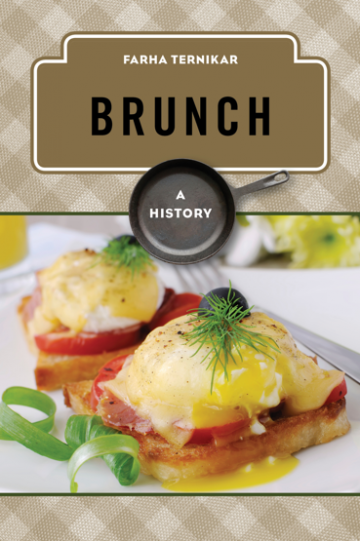


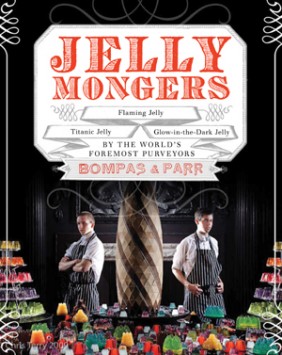
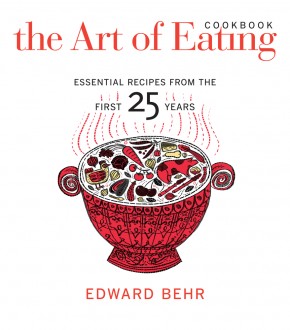
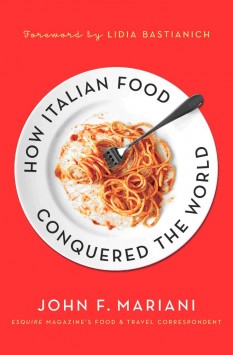

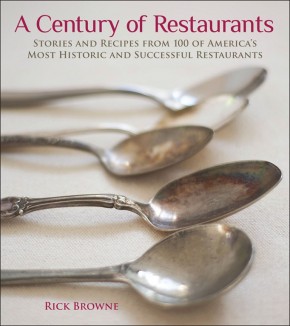
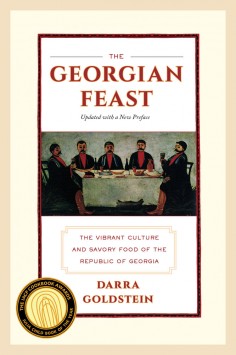
Leave a Reply